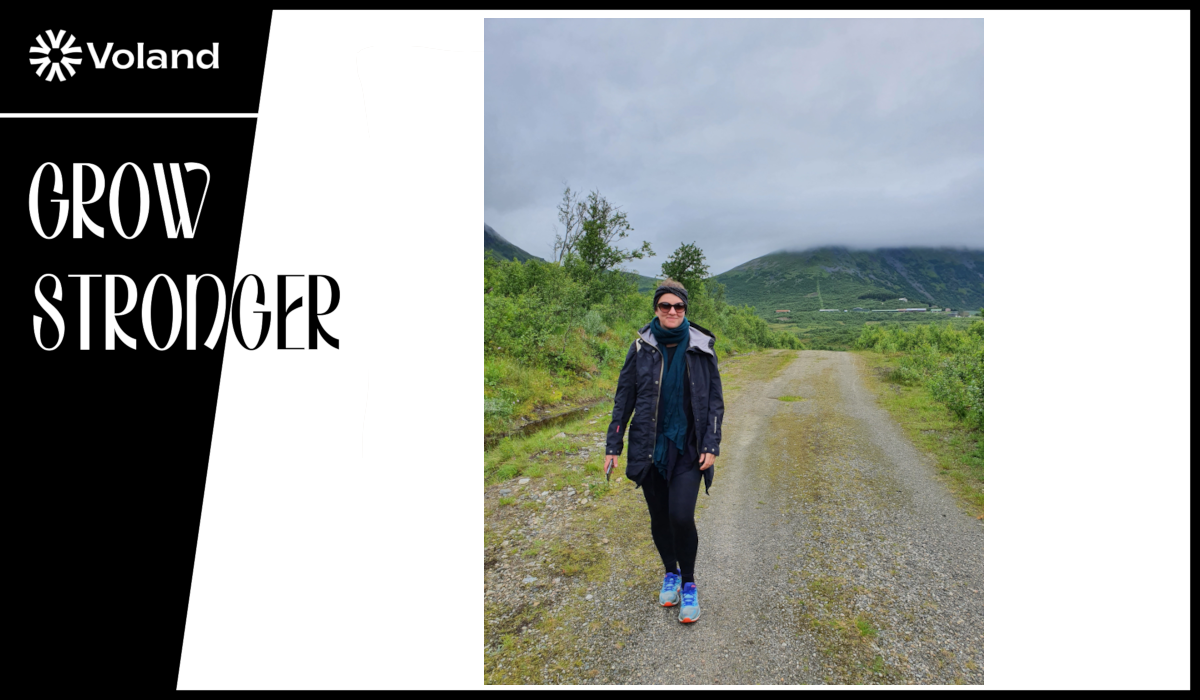Data is required for CSRD, i.e. sustainability reporting

Responsibility development programmes linked to the strategy
In 2023, we decided to develop the sustainability of Cloud1 as part of our renewed strategy and created an ESG plan. After conducting a materiality analysis, we decided to develop three areas of sustainability in particular:
- Staff competence and well-being
- Sustainable and safe services
- Responsible operations and emissions accounting
For these programmes, we set targets, metrics and owners, and their progress is monitored at board level like strategic Must-Win Battles.
Corporate sustainability reporting or CSRD
As a medium-sized company, we are not yet required to do Corporate Sustainability Reporting Directive (CSRD) reporting, but we started to collect CSRD-compliant data. The first report was prepared in Excel, and with this experience, we can already conclude that it would have been better to use our own data hub to collect data, rather than collecting it manually.
The CSRD requires companies to report on their environmental (E), social and human rights (S) and corporate governance (G) impacts and performance, following a consistent set of reporting standards. The reporting elements include:
- Climate change mitigation and adaptation
- Circular economy and waste prevention
- Human rights, including labour rights and working conditions
- Anti-corruption and anti-bribery activities
- Board diversity and gender balance
The CSRD requires companies to report among other things on their sustainability strategy, targets, achievements and risk factors. There must also be a report on the role of management and the board of directors in supervising them. Reports must be consistent, comparable, reliable, verifiable and verified by external auditors.
Data platform as CSRD platform
How would it sound to have up-to-date, traceable sustainability data every month or even every day to support sustainable decision-making?
A data platform is a combination of technologies that responds to an organization's data needs. It stores, manages and shares data from different sources. The purpose is to facilitate the use of data in various applications.
Cloud1 is a pioneer in secure, maintainable and modular data platforms. The data platform can be expanded into a data hub that also manages system integrations and data delivery to almost any solution. The Cloud1 Data Hub concept provides an excellent solution for sustainability managers to automate the collection of CSRD reporting data.
There are at least two key requirements confirming the choice to use your data platform as a platform for CSRD reporting:
- Data must be verifiable
- Data collection is company-wide
Services such as Microsoft's Sustainability Manager have also been developed to collect data on carbon emissions and other metrics. The data platform and reporting tools support each other well.
In conclusion, I would like to reassure sustainability managers, finance managers and all those facing reporting challenges that "it's only data". It can be found, collected, processed and delivered.
This blog is a summary of a longer post written by Sanna Uusimäki on Cloud1's blog. Source references can be found there. Leading Sustainability Reporting in 2024 (cloud1.fi)
